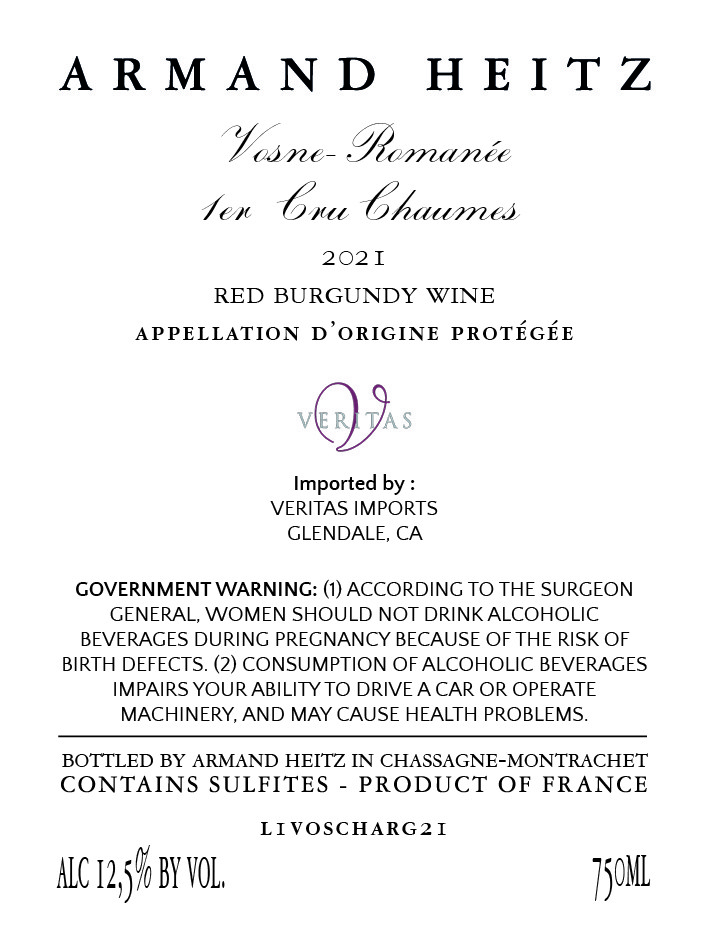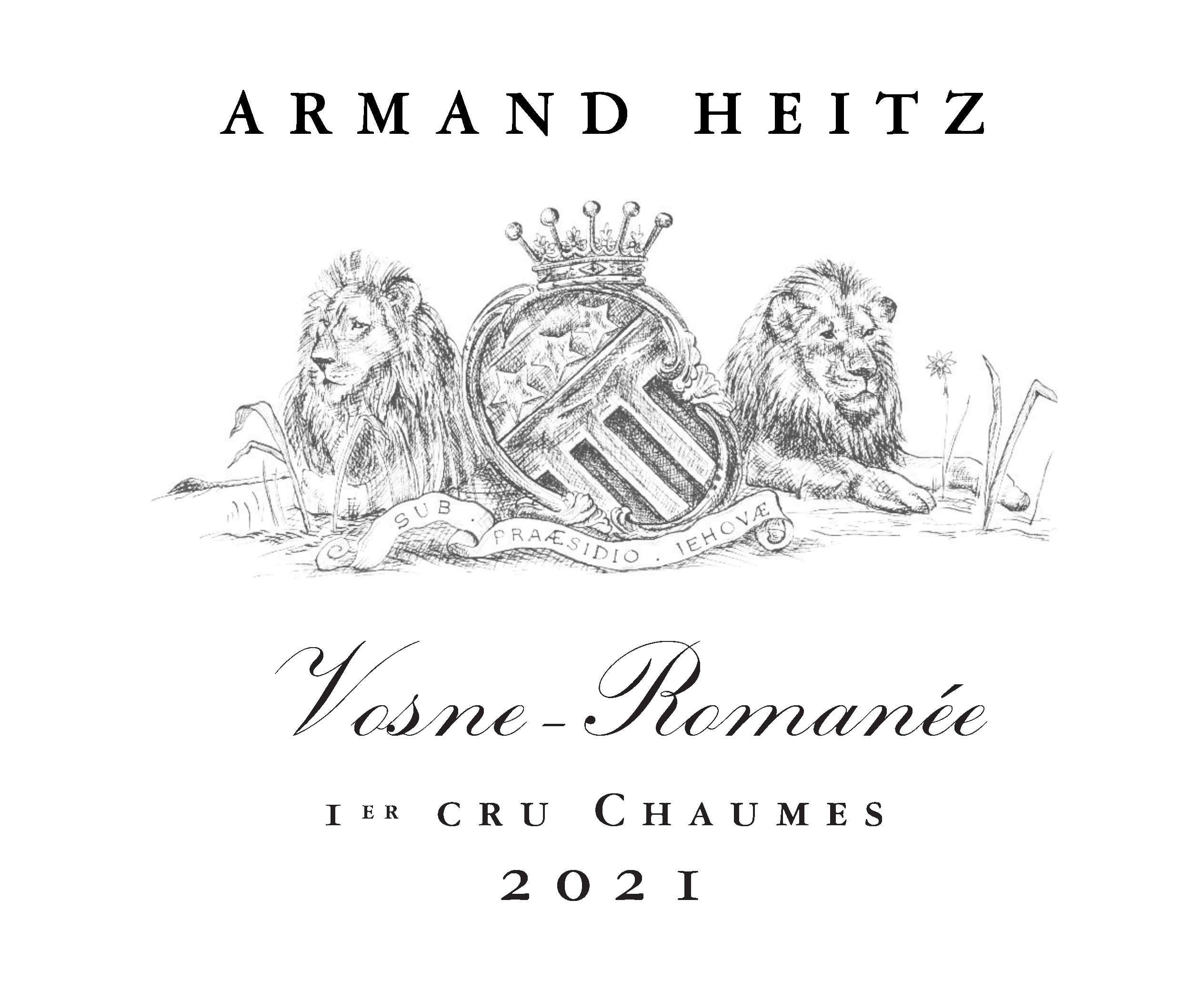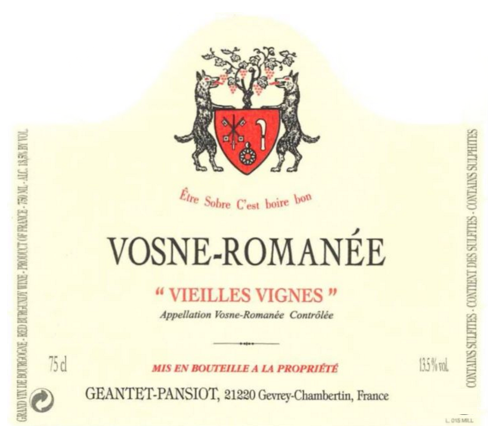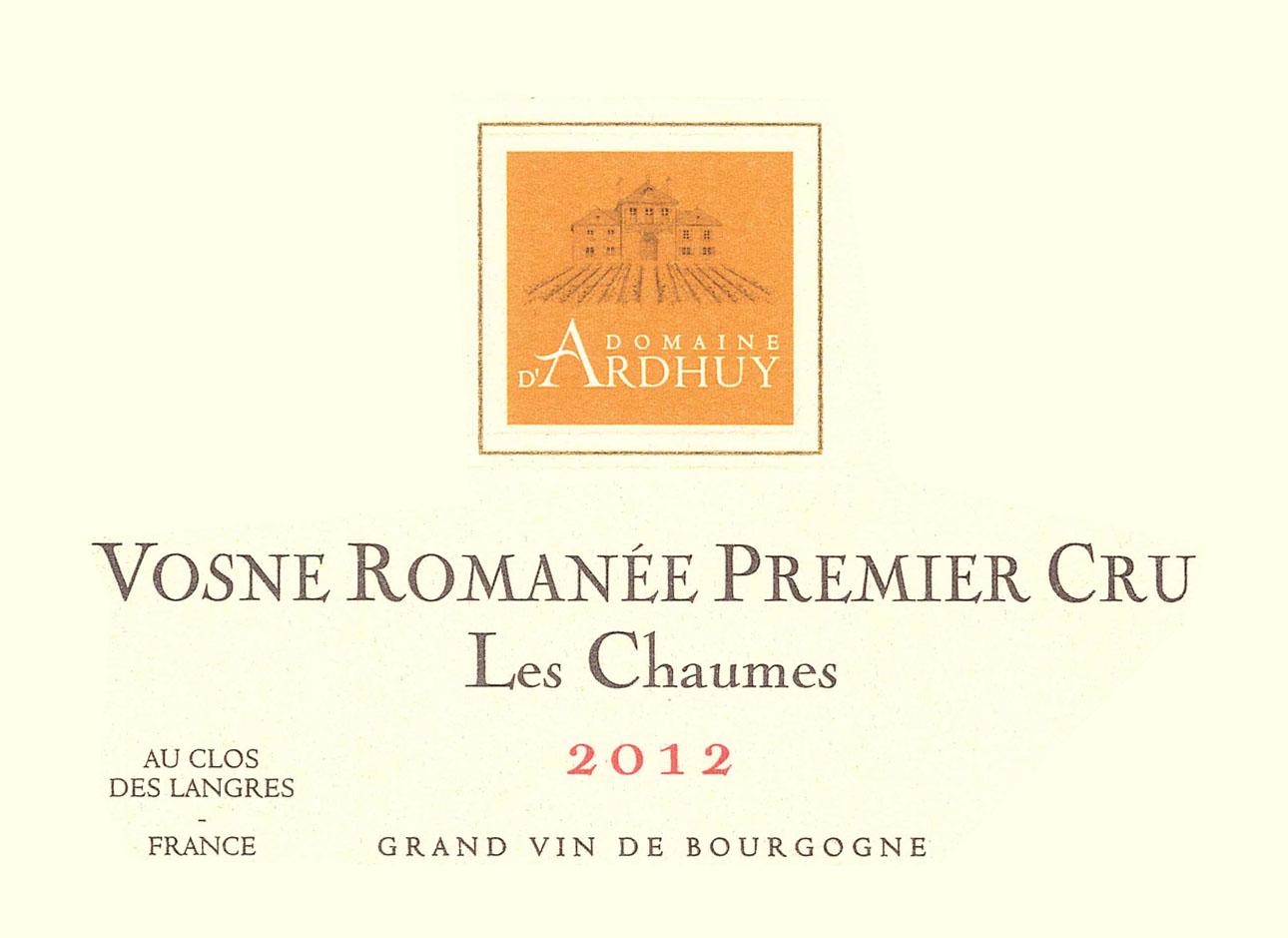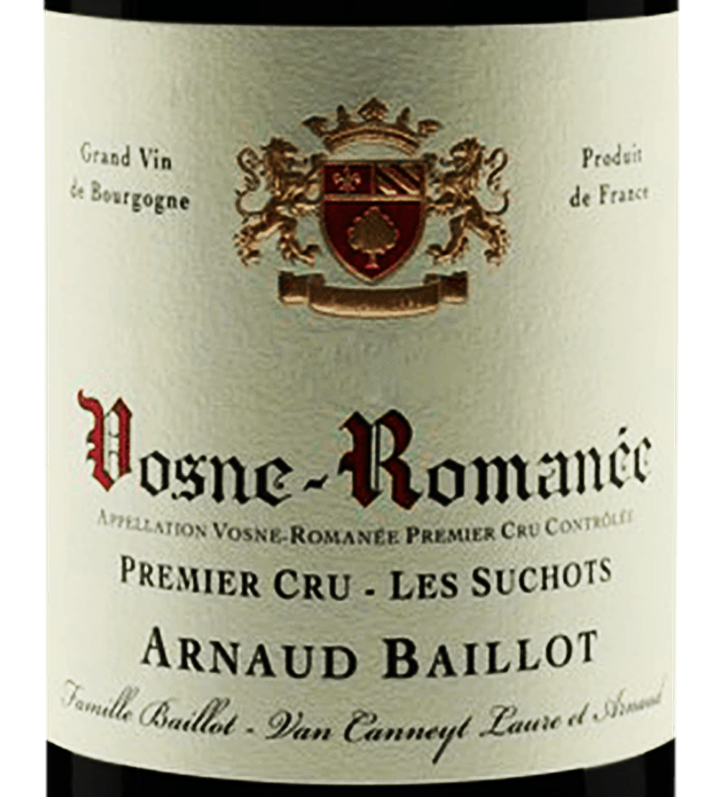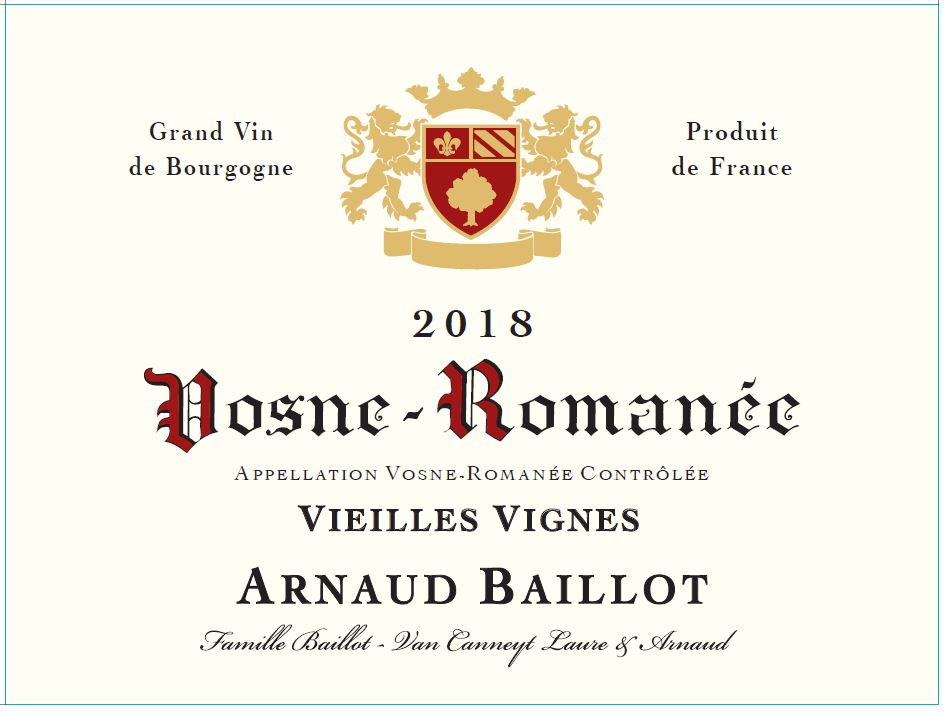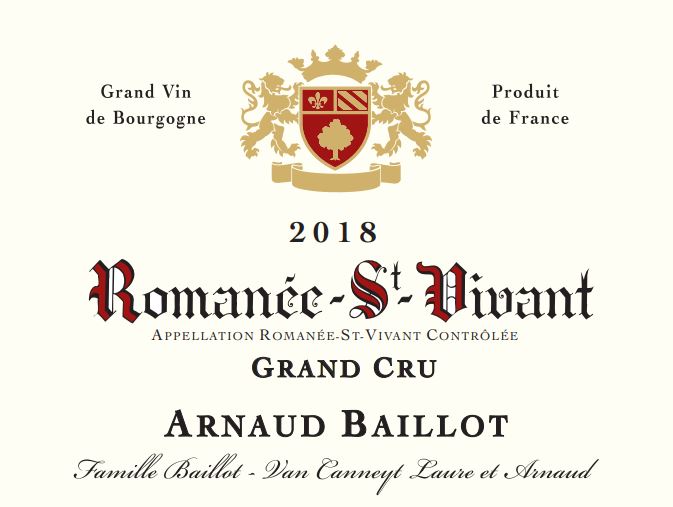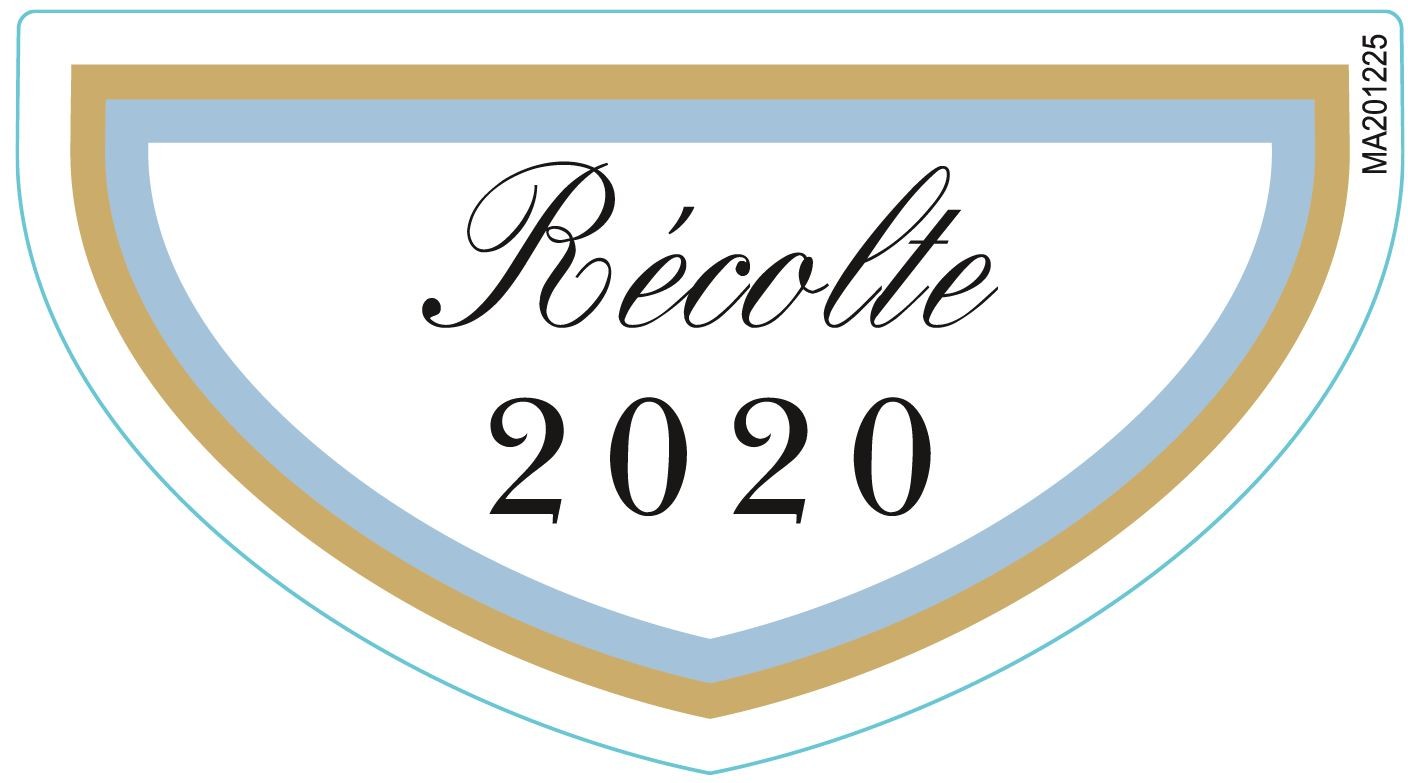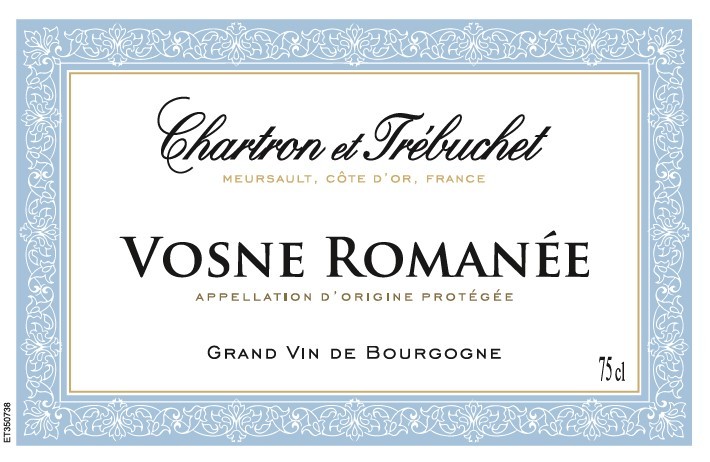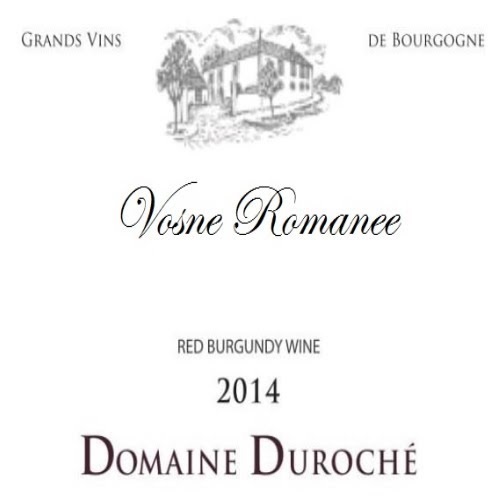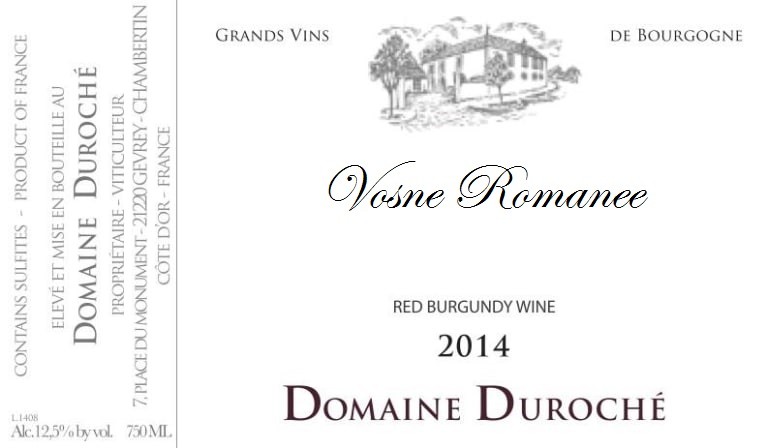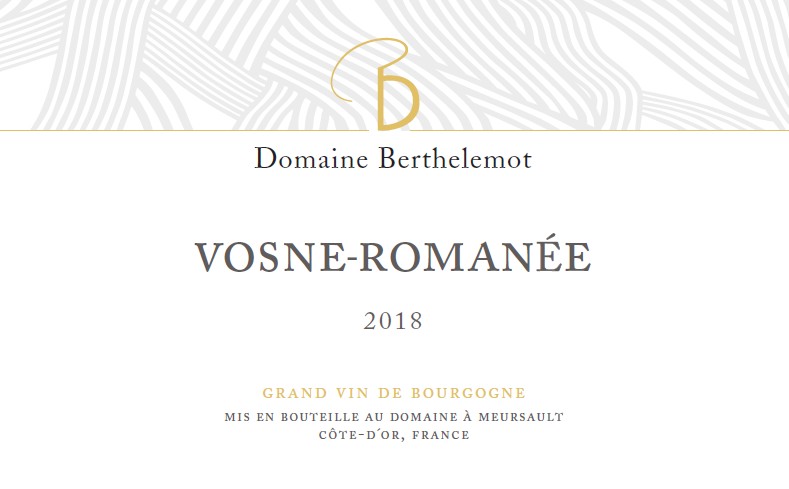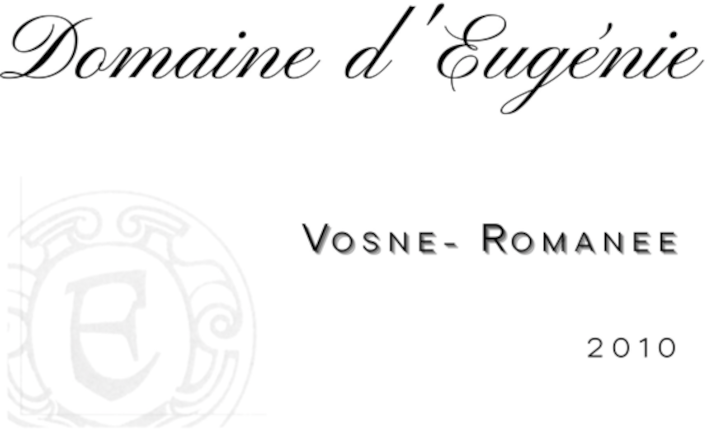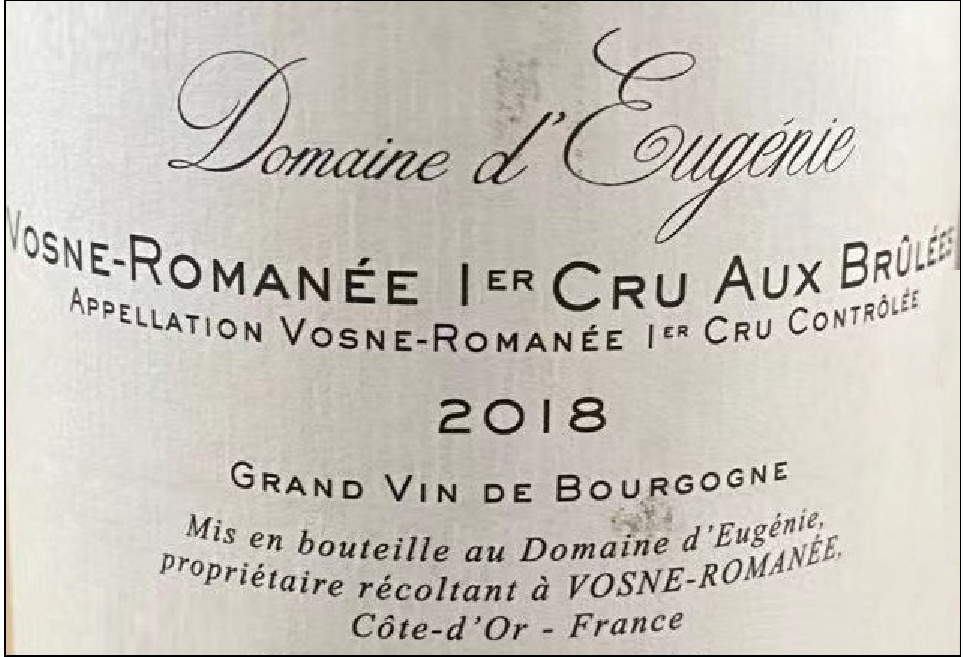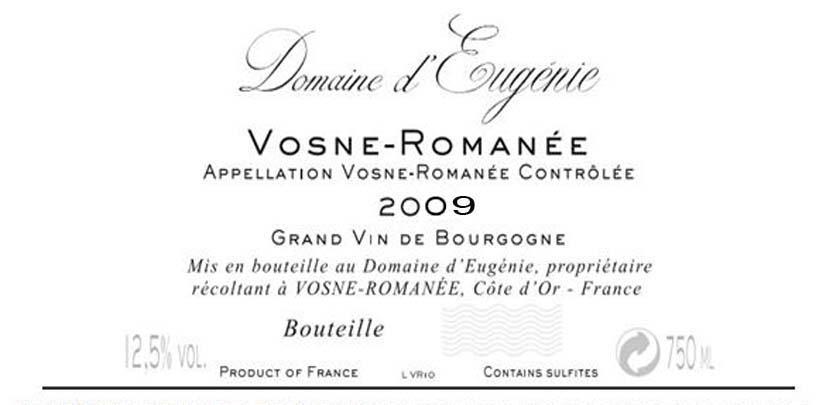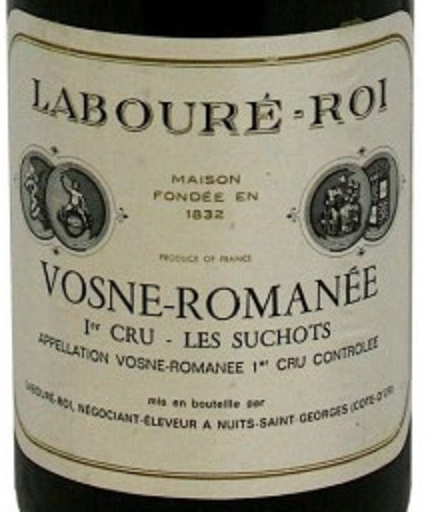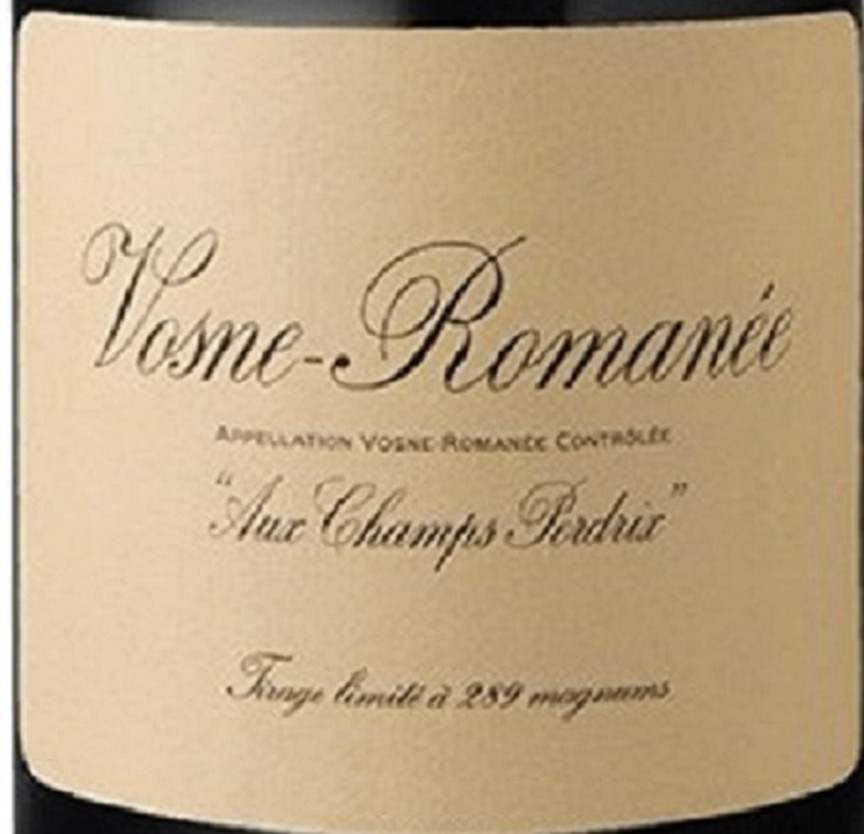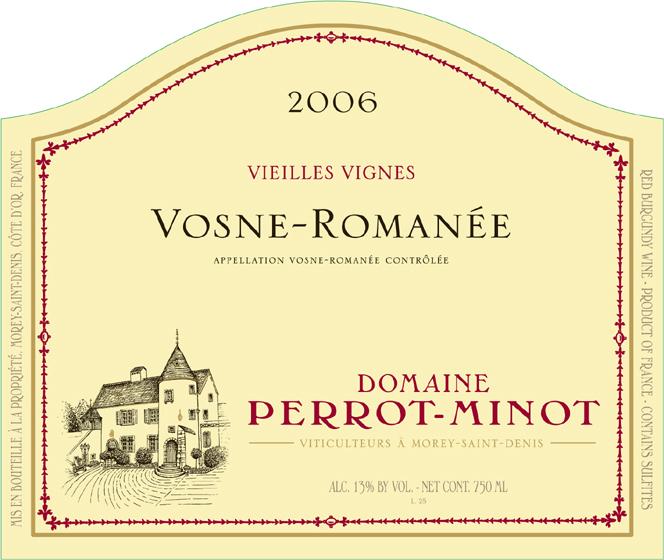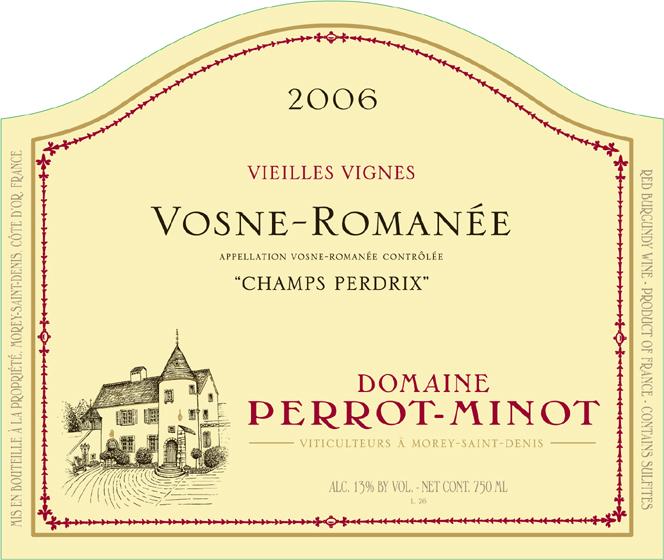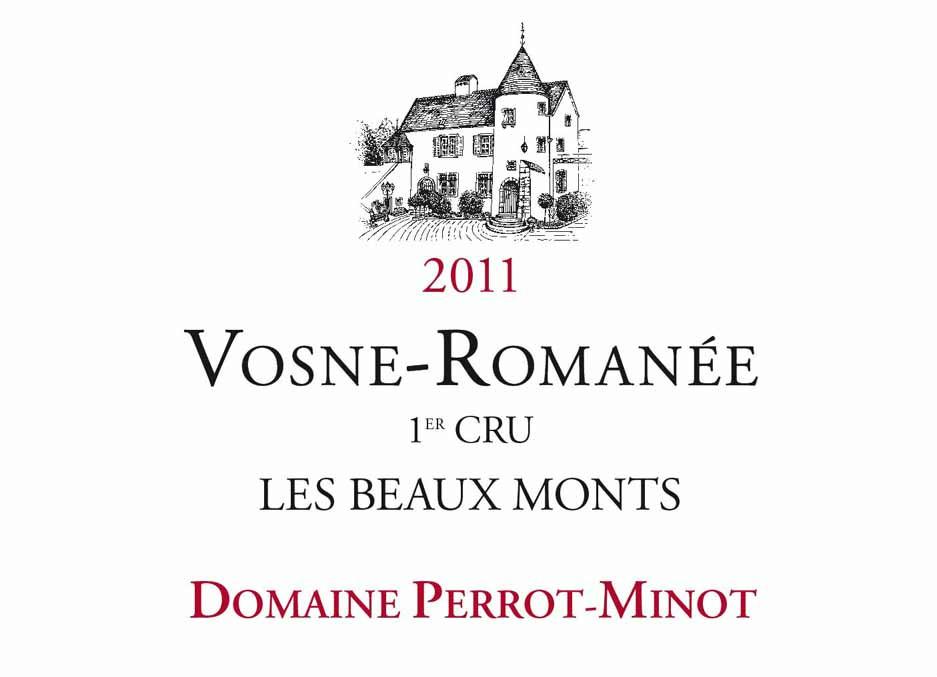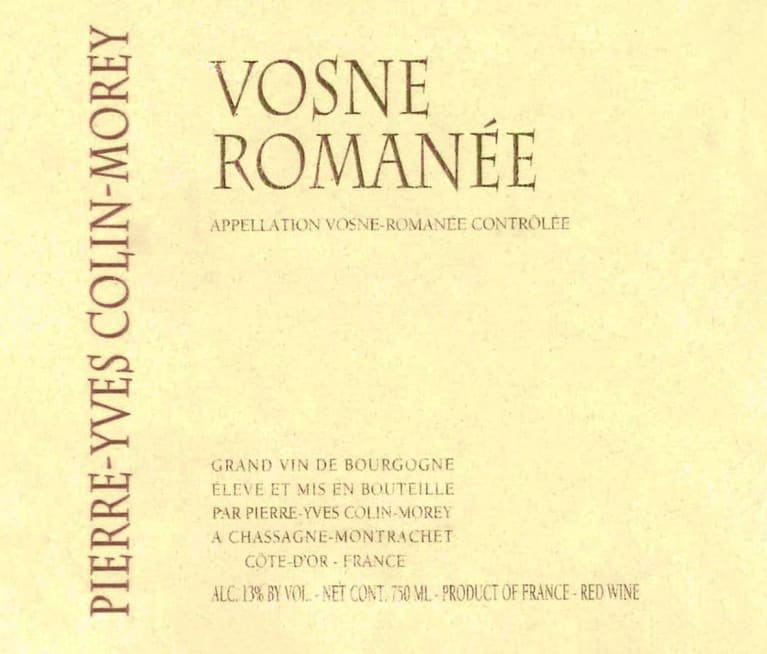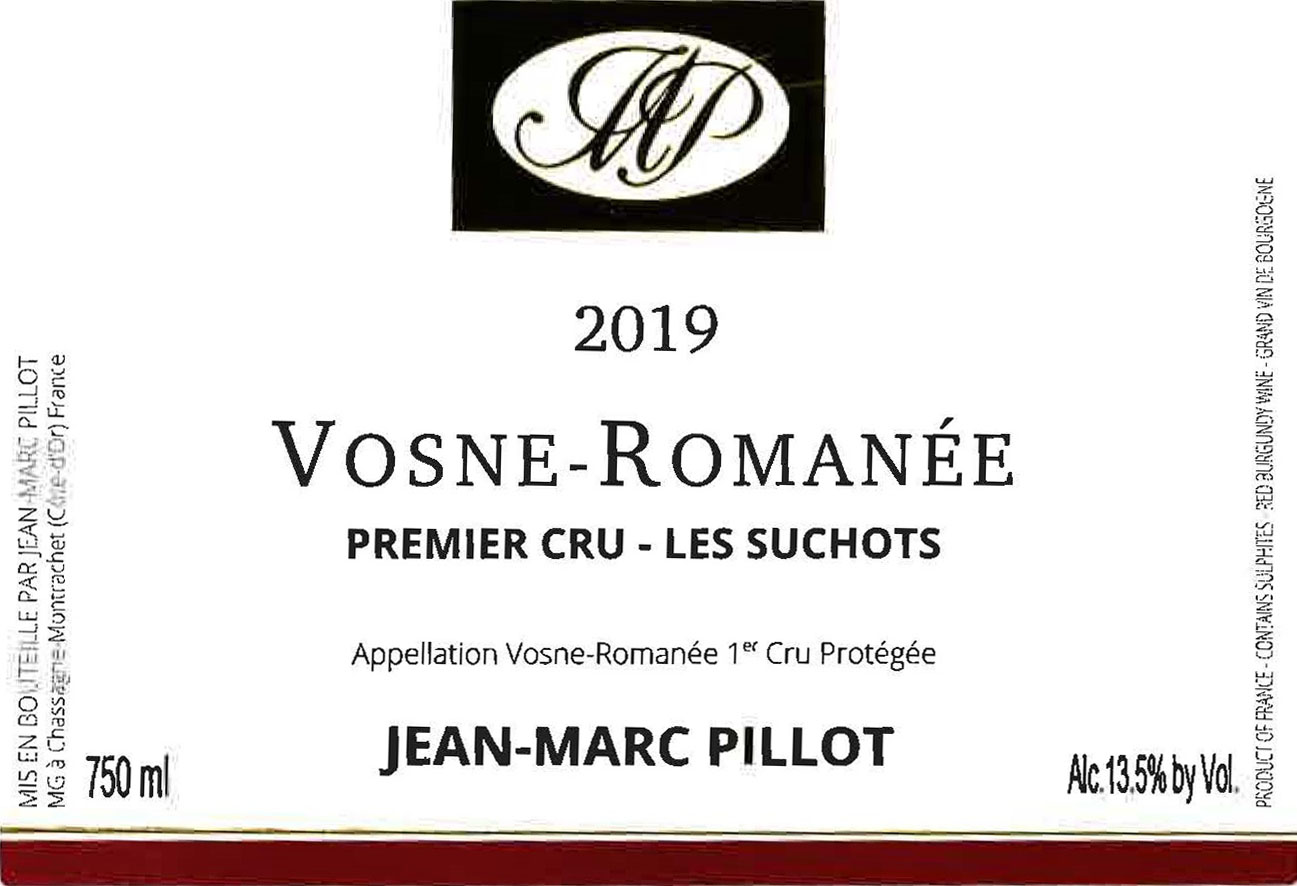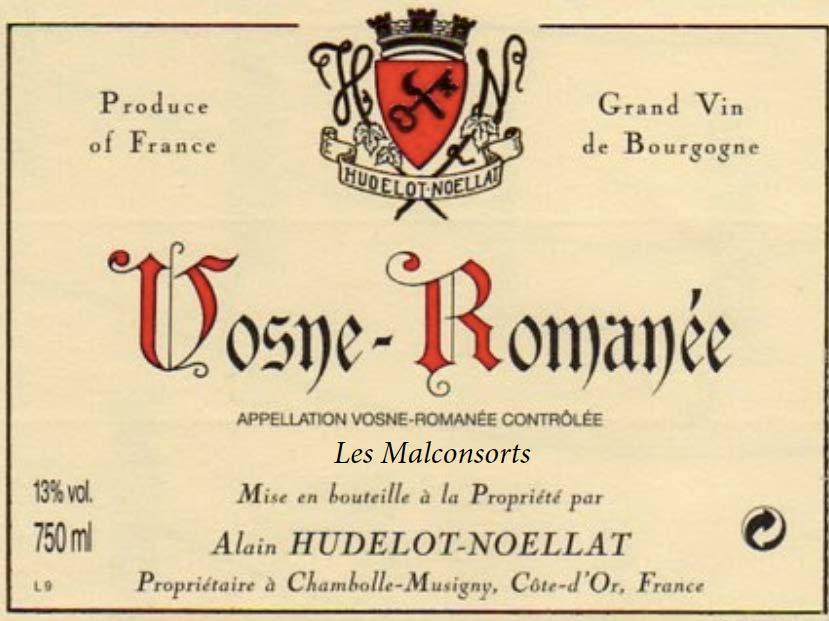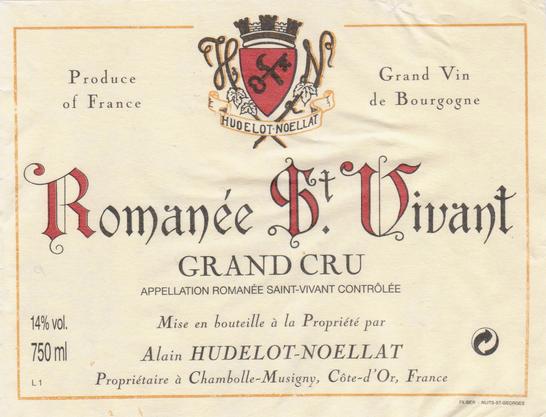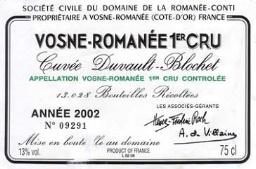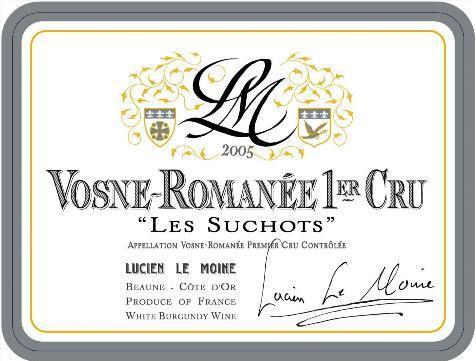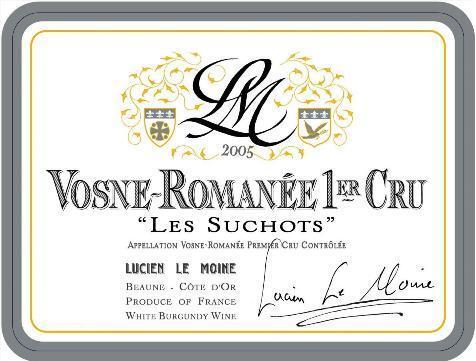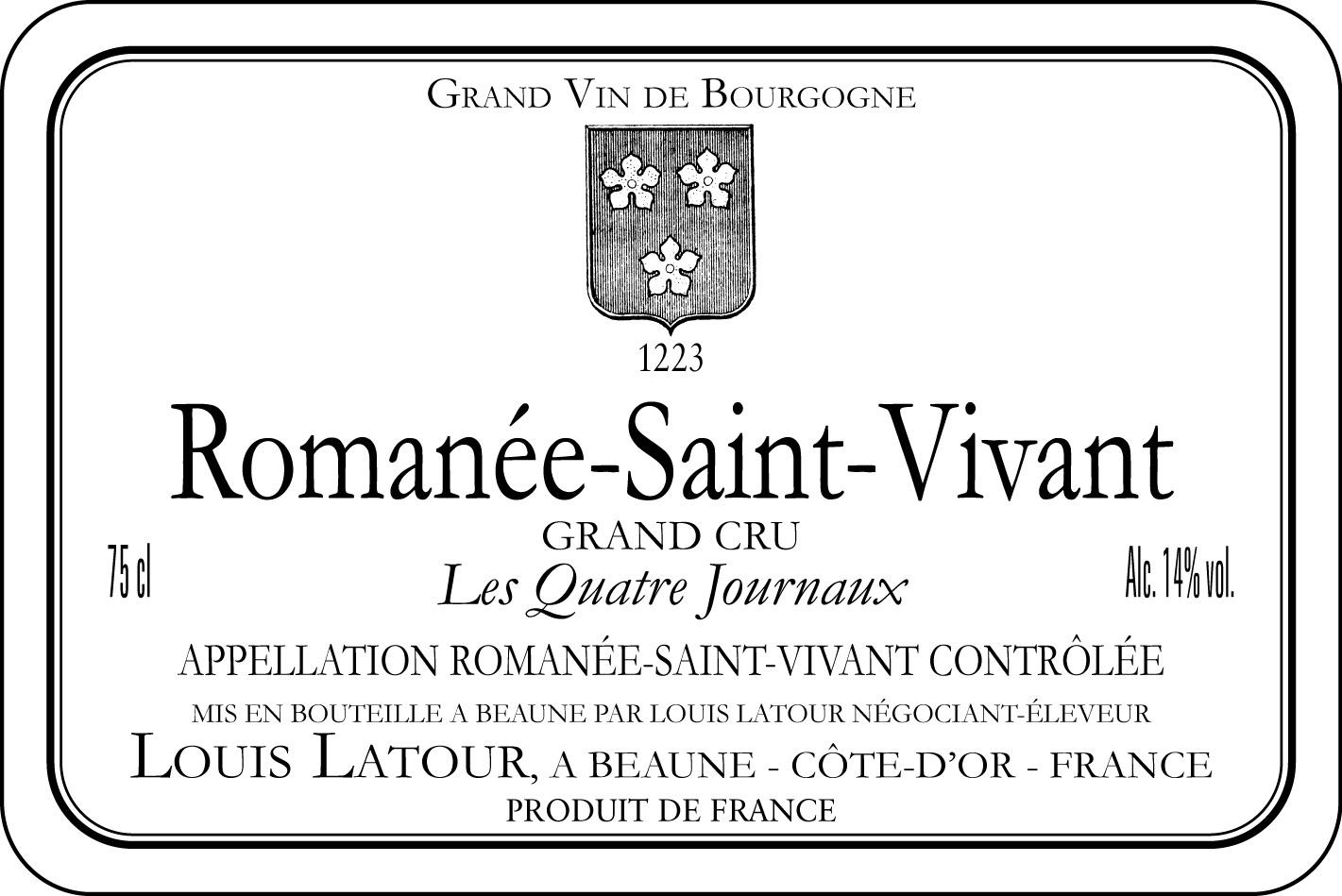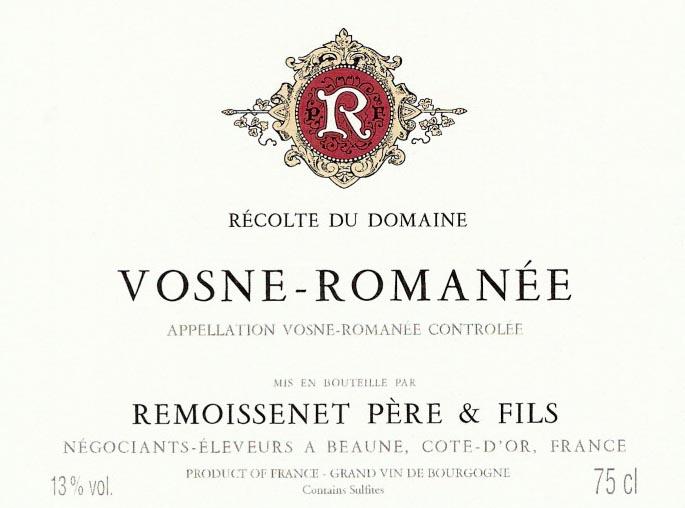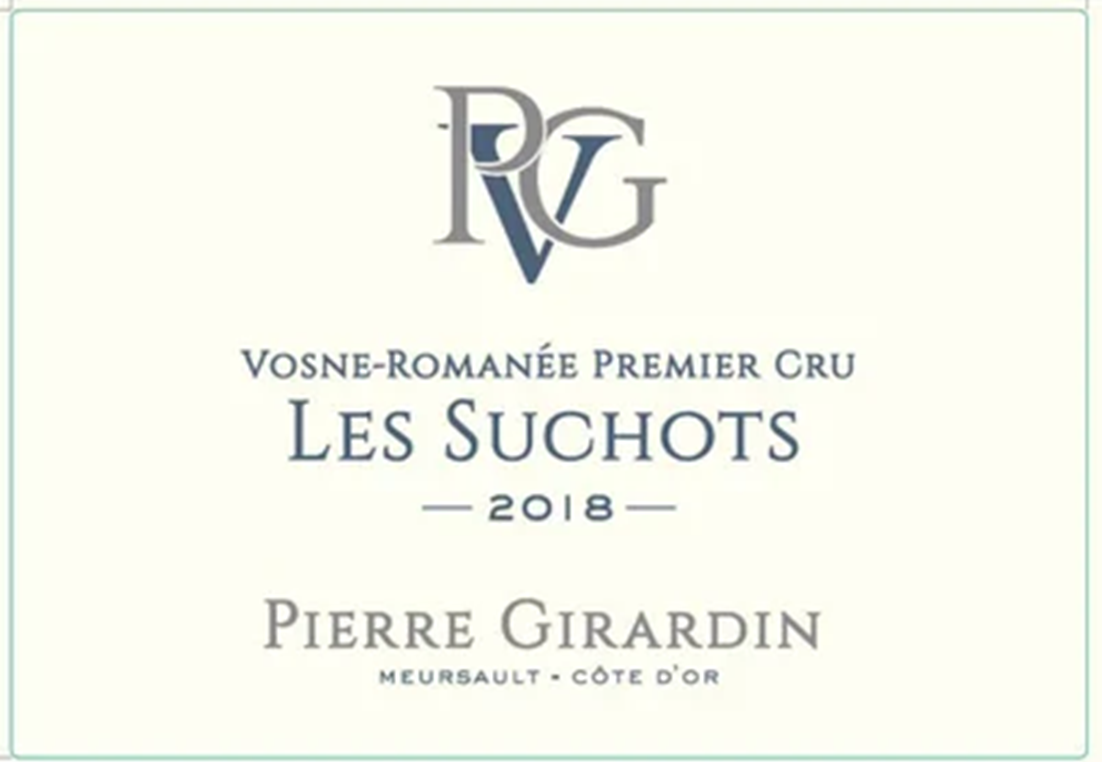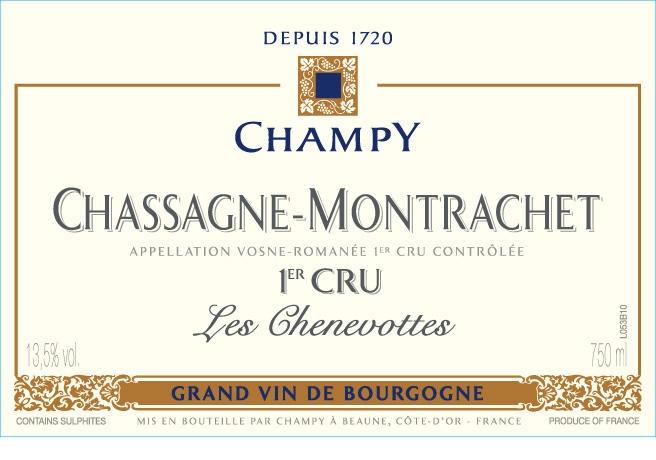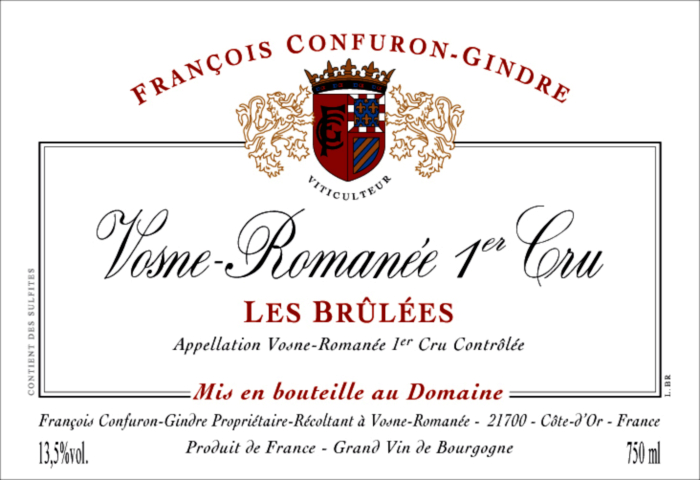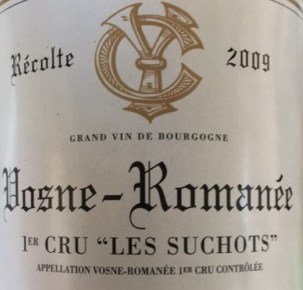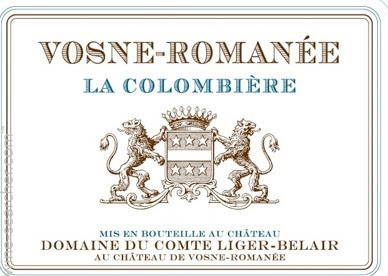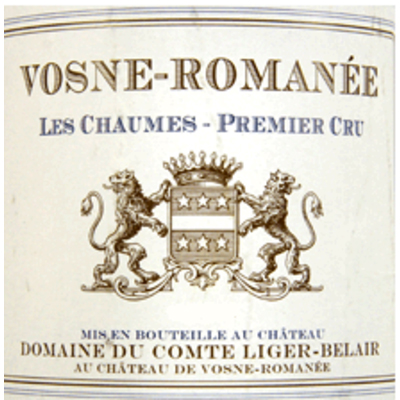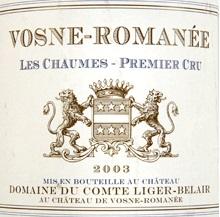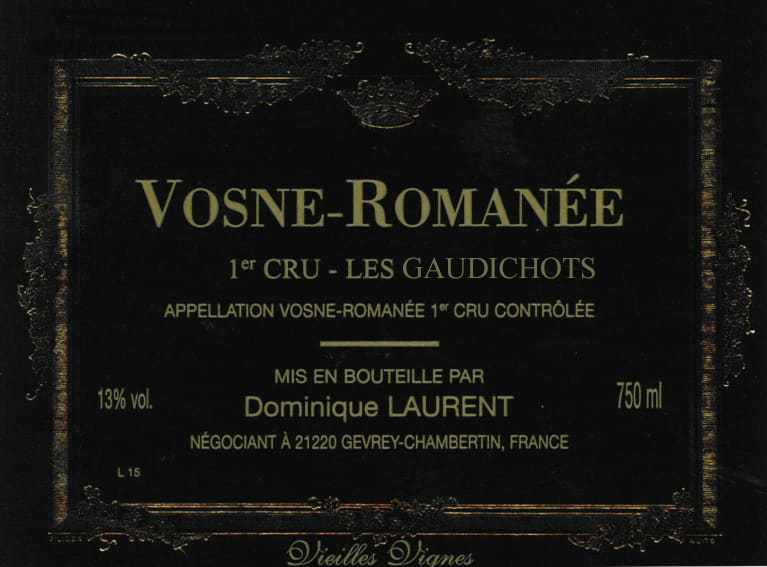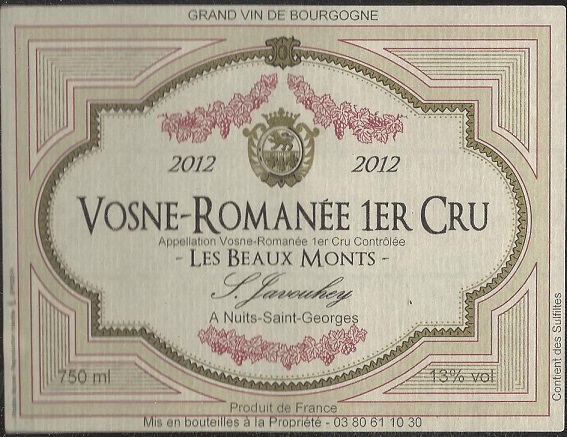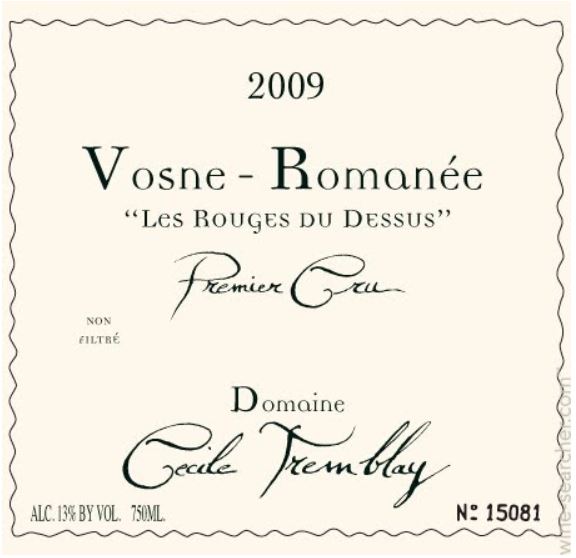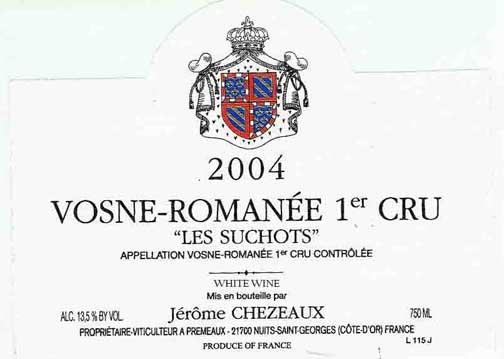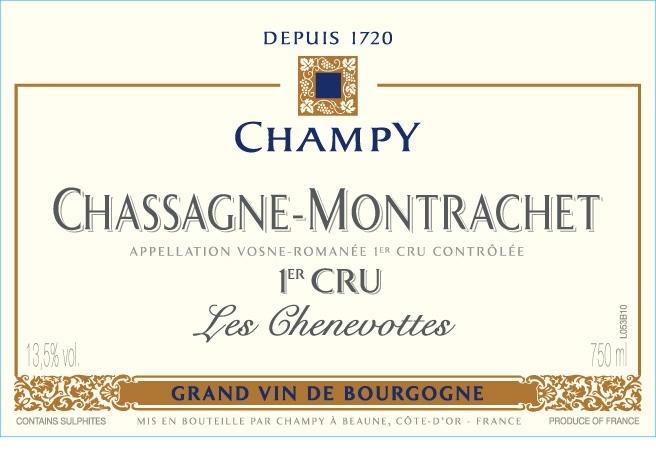Terroir of Vosne-Romanée
Nestled on the mid-slopes of the Côte d’Or, Vosne-Romanée's vineyards enjoy an east to southeast orientation at altitudes between 220 and 350 meters. This positioning ensures optimal drainage and sun exposure, crucial for the even ripening of grapes. The region's temperate climate, shaped by continental influences, provides warm summers and cool winters, though spring frosts and occasional hailstorms pose challenges. A long, steady growing season allows Pinot Noir grapes to develop complex aromas while maintaining their signature acidity.
The soils here are a mix of Jurassic limestone, marl, and clay. The upper and mid-slopes feature thinner, stony soils, imparting refined aromas, while deeper clay-limestone soils below offer structure and power. These soil variations contribute to the diverse styles of Pinot Noir produced in this prestigious appellation, enhancing the wines' elegance and complexity.
Notable Wineries in Vosne-Romanée
Vosne-Romanée, a jewel in Burgundy, boasts some of the most extraordinary wineries known for their exceptional Pinot Noir. Here are some of the standouts:
- Domaine de la Romanée-Conti (DRC): Revered for its exclusive vineyards like La Tâche, DRC sets the gold standard with wines celebrated for their depth and longevity.
- Domaine Leroy: Esteemed for its biodynamic approach, this winery crafts concentrated, smooth wines from prime Vosne locations.
- Comte Liger-Belair: Owners of the exclusive La Romanée plot, they produce wines known for their fragrant aromas and elegance.
- Domaine François Lamarche: As the sole owner of La Grande Rue, their wines are noted for elegance and aromatic prowess.
- Domaine Méo-Camuzet: Renowned for showcasing ripe fruit and smooth tannins, they offer remarkable wines from Vosne and nearby.
Sustainable Winemaking in Vosne-Romanée
In the heart of Burgundy, Vosne-Romanée is embracing sustainability with a focus on organic and biodynamic viticulture. Growers are increasingly using cover crops to protect the precious hillside soils and reduce reliance on synthetic herbicides, fostering biodiversity in this storied region.
Integrated vineyard management is key, with low yields and dense vine planting helping achieve balanced grape ripening. Techniques such as careful pruning and canopy management are employed to control diseases with minimal use of sulfur and other inputs.
Progressive winery practices include adopting energy-efficient measures like solar panels and efficient lighting, alongside recycling water. There's also a shift toward lighter bottles and sustainable closures, merging tradition with eco-friendly innovations. These efforts ensure Vosne-Romanée’s wines continue to be crafted with respect for both heritage and the environment.
Wine Tourism in Vosne-Romanée
Vosne-Romanée offers a captivating wine tourism experience, blending rich history and stunning landscapes. Visitors are encouraged to schedule tastings in advance, as many prestigious domaines require bookings to explore their renowned Pinot Noir wines.
- Route des Grands Crus: Travel through scenic vineyards, including the famous Romanée-Conti, to appreciate Burgundy's "Climats."
- Vineyard Walks: Discover the unique microclimates on trails leading to iconic Grand Crus like La Tâche.
- Culinary Experiences: Enjoy Burgundian cuisine in local bistros and wine bars, with nearby towns like Beaune offering further gastronomic adventures.
- Festivals & Events: Experience September harvest festivities and the notable Hospices de Beaune wine auction in November.
This region not only celebrates its esteemed wines but also emphasizes sustainable practices, ensuring the preservation of its viticultural heritage and environment.



